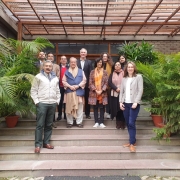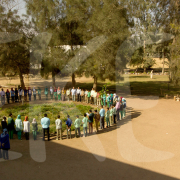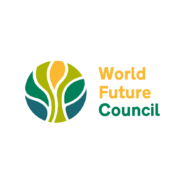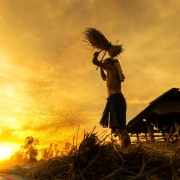World Future Forum: 17th Annual General Meeting
The world is facing a global crisis in many respects. At the same time, the world is also facing a new dawn. While millions of people worldwide, especially young people, are facing unemployment and the challenges of a changing labour market, the current global situation offers governments and leaders a unique opportunity to bring about positive change.
Strengthening European Youth Employment Policy through the European Green Deal
The world is facing a global crisis in many respects. At the same time, the world is also facing a new dawn. While millions of people worldwide, especially young people, are facing unemployment and the challenges of a changing labour market, the current global situation offers governments and leaders a unique opportunity to bring about positive change.











